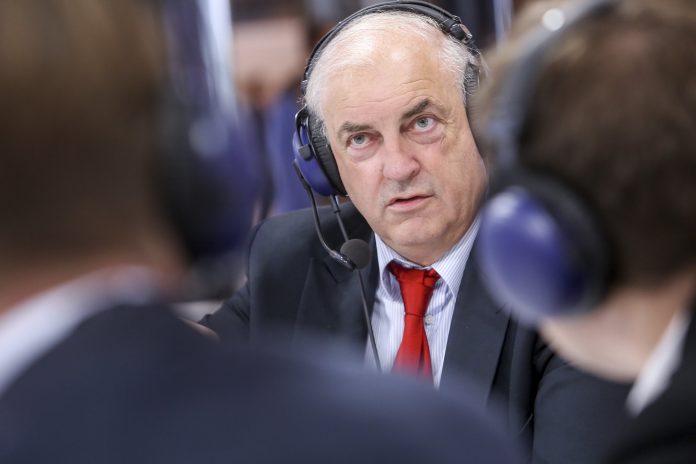The Constitutional Affairs Committee puts forward suggestions to enable European political parties and European political foundations to achieve their full potential.
In a draft report endorsed on Thursday with 23 votes for, 2 against, and 3 abstentions, the Constitutional Affairs Committee highlights that despite the improvements stemming from the latest revision of the rules, as well as the role of the Authority for European Political Parties and European Political Foundations, a number of practical difficulties and political obstacles remain.
Enhancing and protecting European democracy
MEPs underline that funding for European political parties and foundations is conditional upon respect for EU values, welcoming the reinforcement of monitoring provisions and the procedure for infringements, including sanctions and recovery of funds. However, rules should be strengthened to ensure respect for EU values also by the member parties of each European political party. The draft report calls on the Commission to assess votes-based funding schemes, which may increase turnout and promote a more pluralistic environment. It also proposes a genuine European legal status for European political parties and foundations, amending requirements to allow existing transnational political parties to register officially as European political parties, and measures to promote individual member registrations. The Authority’s functioning and responsibilities in relation to its oversight and independence should also be enhanced. The text suggests an obligation to report publicly on any donation, regardless of its value. Additionally, the Authority should publish donations made by the same donor to a European political party and its national member parties, and strengthen its scrutiny on reported aggregate donations over €3000. MEPs also call for instruments by the financial year 2027 to ensure that donations exceeding transparency limits are not made to different legal entities in an effort to circumvent rules.
Empowering European political parties and foundations
MEPs point to the range of applicable European and national rules, and propose an EU regulation to bring together all relevant provisions. They also request giving European political parties and foundations more flexibility in establishing own resources and reducing their reliance on membership fees. The current system for verifying the use of contributions and grants needs to be improved through a self-control mechanism, accompanied by an internal audit system, and subject to oversight by an external auditor, the European Court of Auditors, and the public. Other improvements include:
dropping the dual accounting standard mechanism, which is a significant administrative burden with no real benefits; lifting the ban on financing referendum campaigns on issues related to the EU Treaties; strengthening sanctions for infringements of data protection rules; and allowing the affiliation of members from non-EU European countries (including former EU members), and authorising the collection of membership fees from them.
Co-rapporteur Charles Goerens (Renew, LU) said “Europe’s future is on the line and this report is a decisive step forward in ensuring that it is a democratic one: our political parties and foundations play a central role in representing the collective will of our citizens. We must give them the means and the flexibility to support campaigns and referenda on European issues, and to do so effectively. In the face of threats to our fundamental rights from outside and within our Union, and with compliance for European values as its permeating principle, this report is both urgent and necessary.” Co-rapporteur Rainer Wieland (EPP, DE) said: “We have succeeded in identifying the most important necessary reforms. Our priorities included reducing bureaucracy, higher transparency, strengthening the authority and the establishment of a functioning sanctions mechanism. Between now and the plenary vote, we could try to focus more on the introduction of a more democratic, vote-based funding scheme; shift the focus more towards turnout at the European elections; and give even parties that don’t perform very well at the elections a limited grant, in line with the recommendations of the Venice Commission.”
The draft report will be tabled during the 10-11 November part-session. The Commission is expected to publish its legislative proposals on 23 November.

